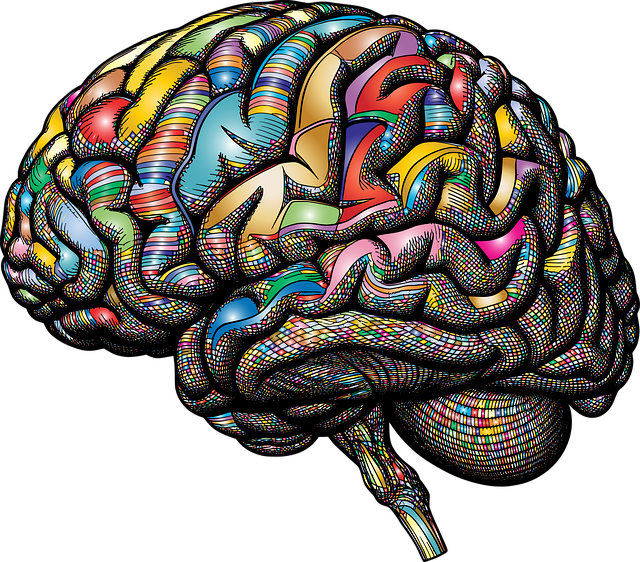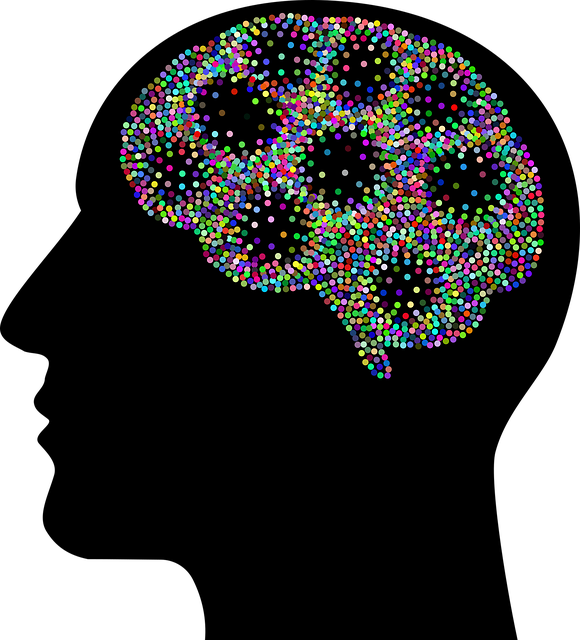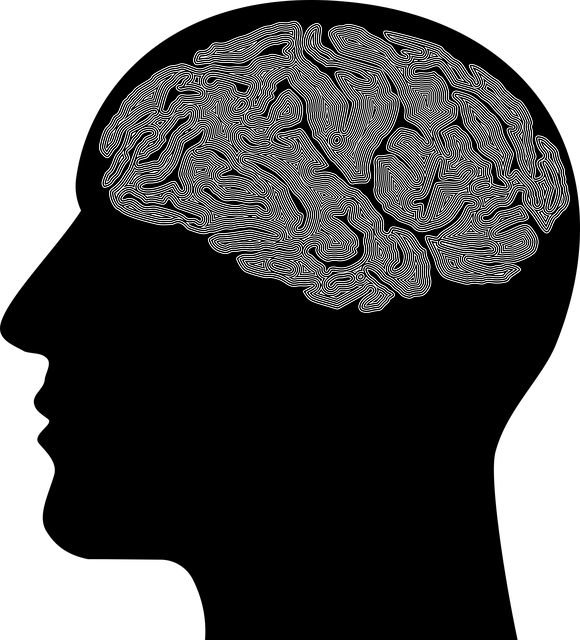The text explores how stigma severely impacts individuals with mental illnesses, hindering access to resources and support, and increasing suicide risk. It introduces mental wellness podcasts as a powerful tool for stigma reduction, highlighting Superior Anger Management Therapy (AMT) as an example that destigmatizes through diverse recovery stories, empathy fostering, and open dialogue. Public education, policy changes, and advocacy are crucial in reducing stigma, leading to better access to care, dignity, and a more inclusive society where mental illness is treated with compassion rather than judgment.
Mental illness stigma remains a significant barrier to treatment, causing profound harm to individuals and communities. This article explores comprehensive strategies to reduce this damaging perception. We delve into the impact of stigma on mental health, highlighting the power of superior anger management therapy as an evidence-based approach in countering internalized shame and promoting healing. Additionally, we discuss public education, policy advocacy, and systemic changes necessary to foster a more supportive society where mental wellness is prioritized.
- Understanding the Impact of Stigma on Mental Health
- The Role of Anger Management Therapy in Reducing Stigma
- Effective Strategies for Educating the Public and Challenging Stereotypes
- Policy Changes and Advocacy: A Pathway to a More Supportive Society
Understanding the Impact of Stigma on Mental Health

The impact of stigma on mental health cannot be overstated. It’s a silent adversary that exacerbates the challenges individuals with mental illnesses face, leading to isolation, fear, and often, avoidance of seeking help. Stigma not only discourages people from discussing their struggles openly but also prevents them from accessing vital resources and support systems, hindering their path to recovery. This can result in prolonged suffering and even increased risk of suicide.
Mental wellness podcasts and other communication strategies play a crucial role in Mental Illness Stigma Reduction Efforts. They provide a safe, accessible platform for sharing stories, raising awareness, and offering support. For instance, Superior Anger Management Therapy, through its innovative podcast series production, aims to destigmatize mental health issues by presenting diverse narratives of recovery, fostering empathy, and encouraging open dialogue.
The Role of Anger Management Therapy in Reducing Stigma

Anger Management Therapy (AMT) plays a pivotal role in stigma reduction efforts for mental illness. By focusing on coping skills development and mind over matter principles, AMT empowers individuals to understand and manage their emotions effectively. This not only enhances their quality of life but also challenges societal perceptions by demonstrating that emotional control is achievable and sustainable. Through rigorous therapeutic techniques, participants learn to disengage from destructive anger patterns, replacing them with healthy responses. This transformative process contributes significantly to burnout prevention, as it fosters resilience and promotes a more balanced mental state.
The efficacy of Superior Anger Management Therapy lies in its holistic approach, addressing not just the symptoms but also the underlying causes of anger-related issues. By mastering these superior techniques, individuals gain a deeper sense of self-awareness and emotional intelligence, which are instrumental in navigating interpersonal relationships with greater ease. This enhanced awareness reduces misunderstandings and promotes empathy, thereby easing societal pressures associated with mental illness. Ultimately, AMT serves as a powerful tool in destigmatizing mental health issues by teaching practical life skills that empower individuals to take control of their emotional well-being.
Effective Strategies for Educating the Public and Challenging Stereotypes

Educating the public about mental illness is a powerful tool to reduce stigma. Engaging in open conversations, sharing personal stories, and utilizing mental wellness podcast series production can humanize mental health struggles and foster empathy. By presenting diverse narratives, including those featuring individuals who have successfully managed their conditions with superior anger management therapy, we can challenge stereotypes and promote understanding. Encouraging mental health policy analysis and advocacy ensures that these conversations translate into real-world changes, improving support systems and access to care.
Additionally, integrating positive thinking into educational efforts can empower individuals to focus on resilience and self-care. This approach not only helps in managing symptoms but also reduces the likelihood of internalizing negative societal perceptions. Through a combination of personal narratives, advocacy, and positive messaging, we can create a more inclusive environment where mental illness is met with compassion rather than judgment.
Policy Changes and Advocacy: A Pathway to a More Supportive Society

Policy changes and advocacy play a pivotal role in reducing the stigma surrounding mental illness. By implementing supportive policies, governments can foster a more inclusive society where individuals with mental health challenges are treated with dignity and respect. This involves enhancing access to quality mental health services, ensuring privacy protections, and promoting educational initiatives to raise awareness about various conditions. For instance, improving anger management therapy by integrating superior techniques into clinical practices can significantly contribute to depression prevention and overall emotional healing processes.
Advocacy groups and community organizations also contribute to this effort by amplifying the voices of individuals with lived experiences. They lobby for policy changes, provide support networks, and offer resources that empower people to manage their mental health effectively. This collective action leads to a cultural shift, where mental illness is viewed as a treatable condition rather than a source of shame or discrimination. As a result, society becomes more compassionate, accepting, and equipped to support those navigating emotional healing journeys.
Mental illness stigma reduction is a multifaceted approach that includes education, policy changes, and therapeutic interventions like Superior Anger Management Therapy. By understanding the profound impact of stigma on mental health, challenging stereotypes through public awareness, and advocating for supportive policies, we can foster a more inclusive society. These combined efforts are crucial in ensuring individuals with mental health conditions receive the care and support they deserve without fear of judgment or discrimination.














